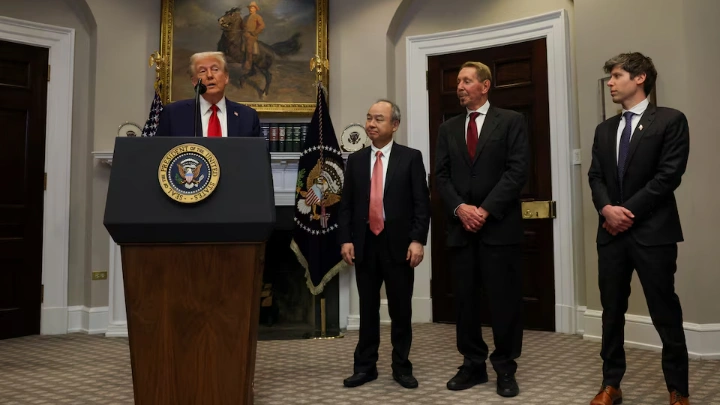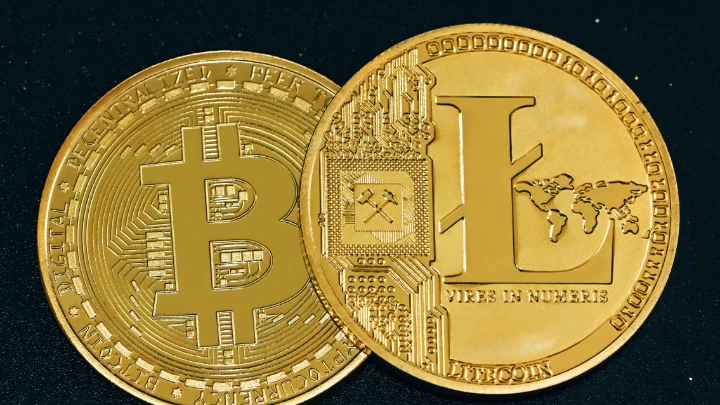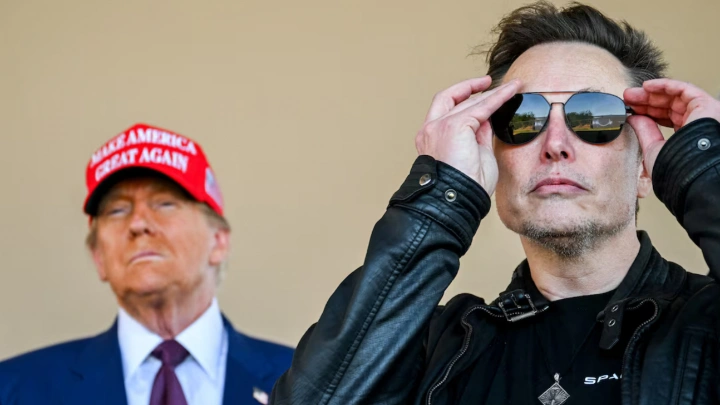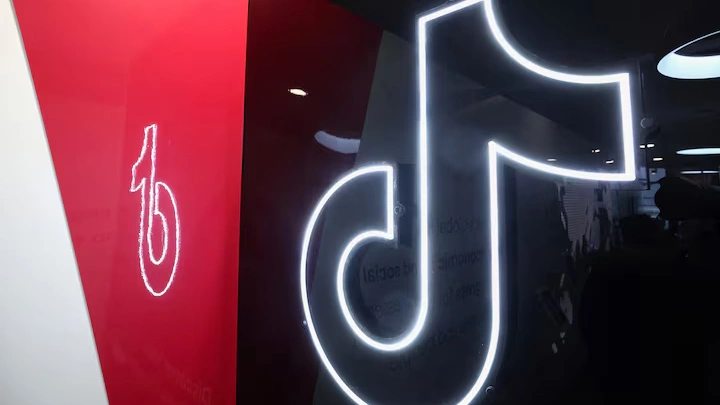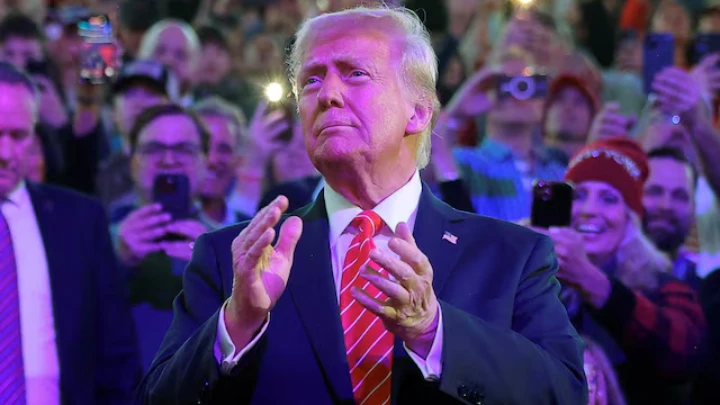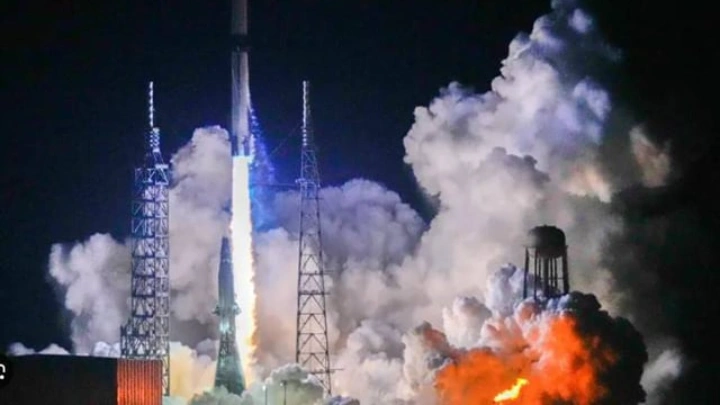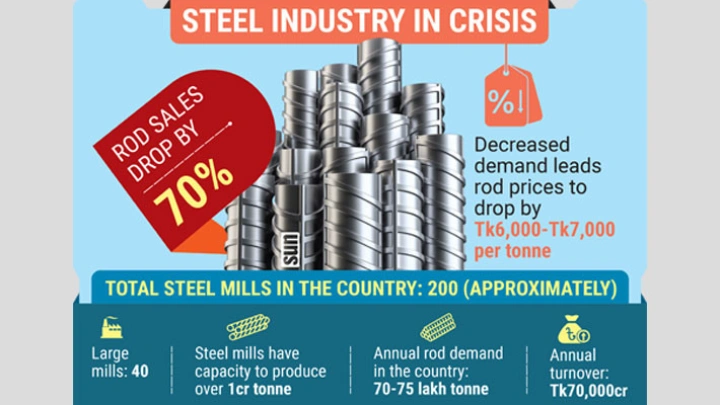Tesla and other Western electric car manufacturers are facing stiff competition from China.
Are Chinese electric vehicles taking over the world?
AlJazeera || Shining BD
Western car makers, already bruised by the scramble among themselves for a share of the electric vehicle (EV) market, are facing a much more fearsome foe – China and its aggressive investment into the sector.
Tesla, perhaps the best-known of the EV manufacturers in Western markets, saw first-quarter sales down by 20 percent this year, compared with the same period in 2023, and its share price has slumped by more than 25 percent since the beginning of this year.
According to experts, this is at least partially due to the emergence of a much more competitive landscape, with Xiaomi, originally a smartphone manufacturer which is has its headquarters in Beijing, launching its first EV – the SU7 – just a few weeks ago.
![Consumers view Xiaomi’s new SU7 at the Xiaomi Electric Vehicle Flagship Store on April 2, 2024, in Beijing, China [VCG/VCG via Getty Images]](https://www.aljazeera.com/wp-content/uploads/2024/04/GettyImages-2132335962-1712831478.jpg?w=770&resize=770%2C513&quality=80)
The competition from Chinese manufacturers has forced Western EV makers to sit up and take notice.
On a call with analysts in January this year, Tesla boss Elon Musk stated: “Our observation is, generally, that the Chinese car companies are the most competitive car companies in the world.”
“I think they will have significant success outside of China,” he added.
This was quite a change in tone from 2011 when he was asked about competition from BYD (Build Your Dream), China’s largest EV car manufacturer, on Bloomberg TV, and laughed in response. When asked by former Bloomberg anchor Betty Liu, “Why do you laugh?”, Musk mockingly replied: “Have you seen their cars? You don’t see them at all as a competitor. I don’t think they have a great product.”
How popular are Chinese EVs?
Chinese EVs already make up 60 percent of worldwide sales, according to International Energy Agency, a Paris-based energy consultant. Tesla and BYD have been battling it out for market share for the last couple of years.
According to market research firm TrendForce’s February 2024 report, Chinese manufacturers already hold three of the top five spots for global market share – with BYD at 17 percent, GAC Aion at 5.2 percent and SAIC-GM-Wuling at 4.9 percent. Tesla is clinging on to the top spot with a market share of 19.9 percent while German manufacturer Volkswagen is in the fifth spot with a market share of 4.6 percent. By comparison, Chinese manufacturers were responsible for just 0.1 percent of global EV sales in 2012 – just 12 years ago.
Shining BD

![Are Chinese electric vehicles taking over the world? A Xiaomi SU7 electric vehicle on display at the Xiaomi Electric Vehicle Flagship Store on April 2, 2024 in Beijing, China [VCG via Getty Images]](/Uploads/Images/News/2024/4/Image-10927-20240424060730.webp)
